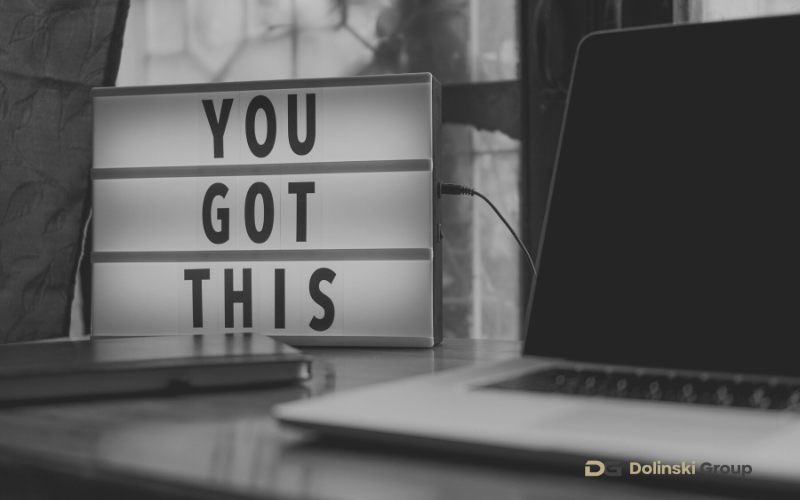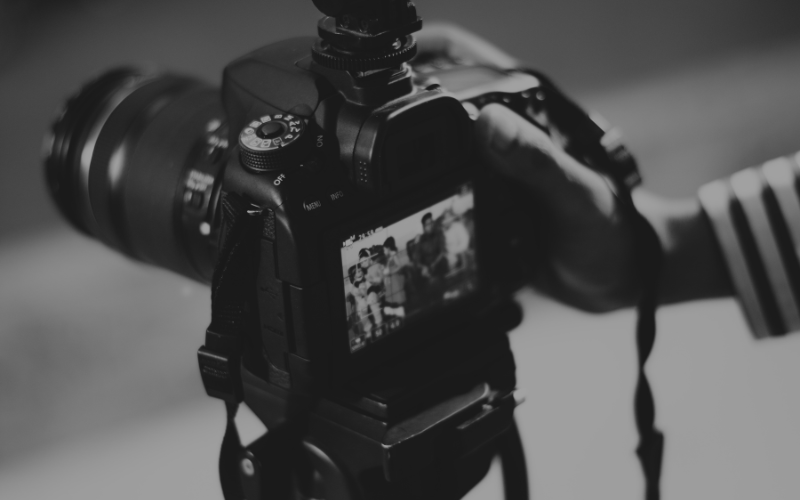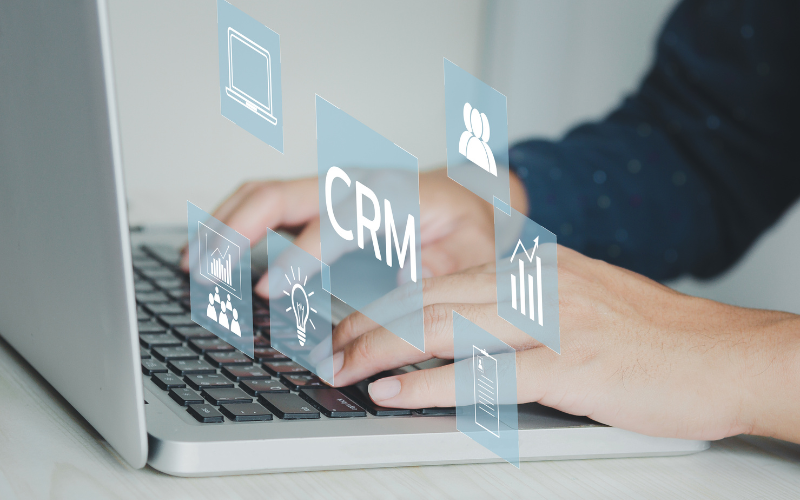What is your “Big Why”? Why do you wake up every day, amidst the struggles and do what you do?
Maybe you don’t know the answer to this. Perhaps, you’ve thought about it, but don’t feel like you have a good answer. So, you’re wondering the same thing…why do you do what you do?
Or, maybe you’ve never even thought about it.
That’s okay. Because in this article we’re going to talk about why you need a Big Why to achieve your goals and how to find yours.
What Is A Big Why?
A Big Why is a reason for doing something that drives you forward despite the opposition, challenges and struggles. It’s more than just a reason, though.
It’s something you connect with on an emotional level that DRIVES you when the going gets tough. You can think of it as your “purpose” or “mission”.
Your Big Why is a catalyst to push you through struggles and challenges on your way to reaching your goals. It’s the reason you keep going even when you want to give up.
Everyone has a different Big Why. It’s unique to them. Kind of like a fingerprint.
Why Do You Need A Big Why?
When you know the why, you can overcome almost any how. I remember first learning that concept from Viktor Frankl in a book that reflected on his experience in a Jewish concentration camp.
His claim is that when we have a Big Why, we can overcome any how — no matter how difficult or challenging. We can face our fears. We can endure hardship.
You see, anything worth having in life takes work and will come with struggles and setbacks.
I’m not talking just money, fame or success. Worth is whatever you define it as. It could be happiness in certain relationships. Time and flexibility to watch your grandkids. Or, it could be about money or a big house.
If reaching our desired destinations was easy, then everybody would be a supermodel driving lamborghinis. Over 80 percent of real estate agents wouldn’t quit after three years.
Success takes intention. It requires us to act in the face of struggle, challenges, and uncertainty.
With a big enough why, we can act and be driven forward, no matter what.
The Wrong Way
Without thinking about our “Big Why”, we risk quitting too early or working for the wrong reasons.
You risk making the mistake I made in my first year in real estate. I set an ambitious goal; to sell 20 houses within my first year.
I didn’t have a Big Why. At least, not one I was emotionally connected to. I wanted more money and to switch careers. My reasons were surface level.
Guess what happened? I crushed my goal. I sold over 30 homes in my first year as a real estate agent. I received several awards for my production, and nationally, I was in the top ten percent of real estate agents that worked for a big-name franchise company.
But, I was overworked. Tired. Burnout. The year I sold 30 homes, I also rarely saw my children and I gained 15lbs.
I would wake up and get to the office before my little kids were up and I wouldn’t come home until after they were in bed. I saw them occasionally on weekends — in between showings and the three weekly open houses I held.
It wasn’t the life I wanted. That wasn’t the reason I got into real estate.
Without a Big Why, I ended up somewhere I didn’t want to be. I lost focus. I didn’t want high production. I wanted the lifestyle high production could offer.
I propose that we all feel the same way. We became real estate agents because we want to live a life of our own design. Whatever that looks like.
How To Find Your Big Why
Now that we’ve talked about why you need a Big Why, let’s talk about how you can find yours.
Step 1: Dig Down Deep
Start off by asking yourself what you want. Next, ask yourself, “Why?”
Take that answer, and ask yourself, “Why?”, again. Keep doing it until you arrive at an answer that you feel emotionally connected to. One that will drive you through hard times.
A lot of popular advice will recommend that you go about five-levels deep. Meaning, you need to ask yourself why five different times. It’s likely you find your Big Why the fifth time you ask yourself.
At this point, a lot of people feel uncertain. That’s okay. It’s normal. You might go through this exercise and get it wrong. I’ve had a few different “Big Whys” over the years. You will, too.
When you have your “Big Why”, all you can do is determine if you feel connected to it and test it through a trial by fire.
When things get hard, lean on your “Big Why”. Did it drive you through the hardship? Yes or no?
If it did, then you have a powerful “Big Why”. If not, go back to the drawing board. You haven’t nailed your “Big Why” yet.
Sometimes, though, it’s not an issue with your why, but how it’s framed.
Step #2: Frame Your Big Why
I’m a huge believer in enneagram personality types. If you’re not familiar with them, there are nine basic personality types that seek to model the human psyche.
Each personality type has their own fears, motivations, desires, and behaviors.
By framing your “Big Why” to your enneagram type, you increase the odds of having a why that drives you through hard times.
I encourage you to take an enneagram personality test or read through them to find which personality best fits you.
Let’s look at the different enneagram types’ core desires and fears. Then, we will share how you can tie this into your “Big Why”.
Enneagram Core Desires and Fears
As you read over these, you will likely resonate with all of them — as they are naturally human desires and fears — but pick the one that resonates with you the most. You will also see that the fears are things that are opposite of desires.
Type 1
Desire: Being good and right
Fear: Being bad, wrong, unethical, or evil
Type 2
Desire: Being wanted and loved
Fear: Being needy, unappreciated, or unloved
Type 3
Desire: Being valuable and admired
Fear: Being unsuccessful, inefficient or feeling like a failure
Type 4
Desire: Being authentic and to find meaning
Fear: Being common or defective, having no identity, or being without significance
Type 5
Desire: Being competent and capable
Fear: Being knowledgeable, helpless, or ignorant
Type 6
Desire: Being secure and supported
Fear: Being alone or abandoned, without guidance
Type 7
Desire: Being satisfied and content
Fear: Being bored, limited, or deprived
Type 8
Desire: Being independent
Fear: Being controlled, powerless, or weak
Type 9
Desire: Being at peace or harmonious
Fear: Being separated, at a loss with others, or in conflict
Tap Into Your Type
When we frame our “Big Why” around our enneagram type, we tap into our primal and raw emotions.
Let me give you my personal example. I’m a Type 6 personality. That means I want support and security. I fear feeling unsecured or unsupported.
So, my “Big Whys” that motivate me deal with reaching financial security. Or, in some instances, I can play into the fear.
When I’m struggling, I remind myself of the financial security I’m trying to obtain. Or, I play into the fear and tell myself by not doing something I am making myself less financially secure.
So, does your “Big Why” align with your enneagram type? If not, you might not have the right Big Why or you’re not framing it properly.
Final Thoughts
Continue to refine your “Big Why”. It’s helpful to go through this exercise once and then sit on it. Come back to your Big Why in a week or two. Does it still feel the same way? Is it connected to your enneagram type?
Once you think you’ve found a big why, test it by going through the fire. It’s okay and normal to get it wrong your first try. You only get better at something with practice.
Eventually, you will land on that Big Why that becomes a catalyst for all of the goals you’re trying to reach.
Good luck. Have fun. And, Shalom!




